The Impact of Emotional Intelligence on Nursing Leadership Practices
VerifiedAdded on 2023/04/07
|6
|295
|183
Report
AI Summary
This report explores the critical role of emotional intelligence (EI) in nursing leadership. It highlights the impact of EI on key aspects of nursing practice, including reduced staff turnover, improved decision-making processes, and enhanced team performance. The report emphasizes that leaders with high emotional intelligence can manage their emotions effectively, fostering positive relationships with their teams. This, in turn, contributes to improved collaboration, safer work environments, and increased productivity. The report also references relevant literature to support its findings, underscoring the importance of EI in the nursing profession. The report concludes by summarizing how EI contributes to improved care quality and better patient outcomes.
1 out of 6

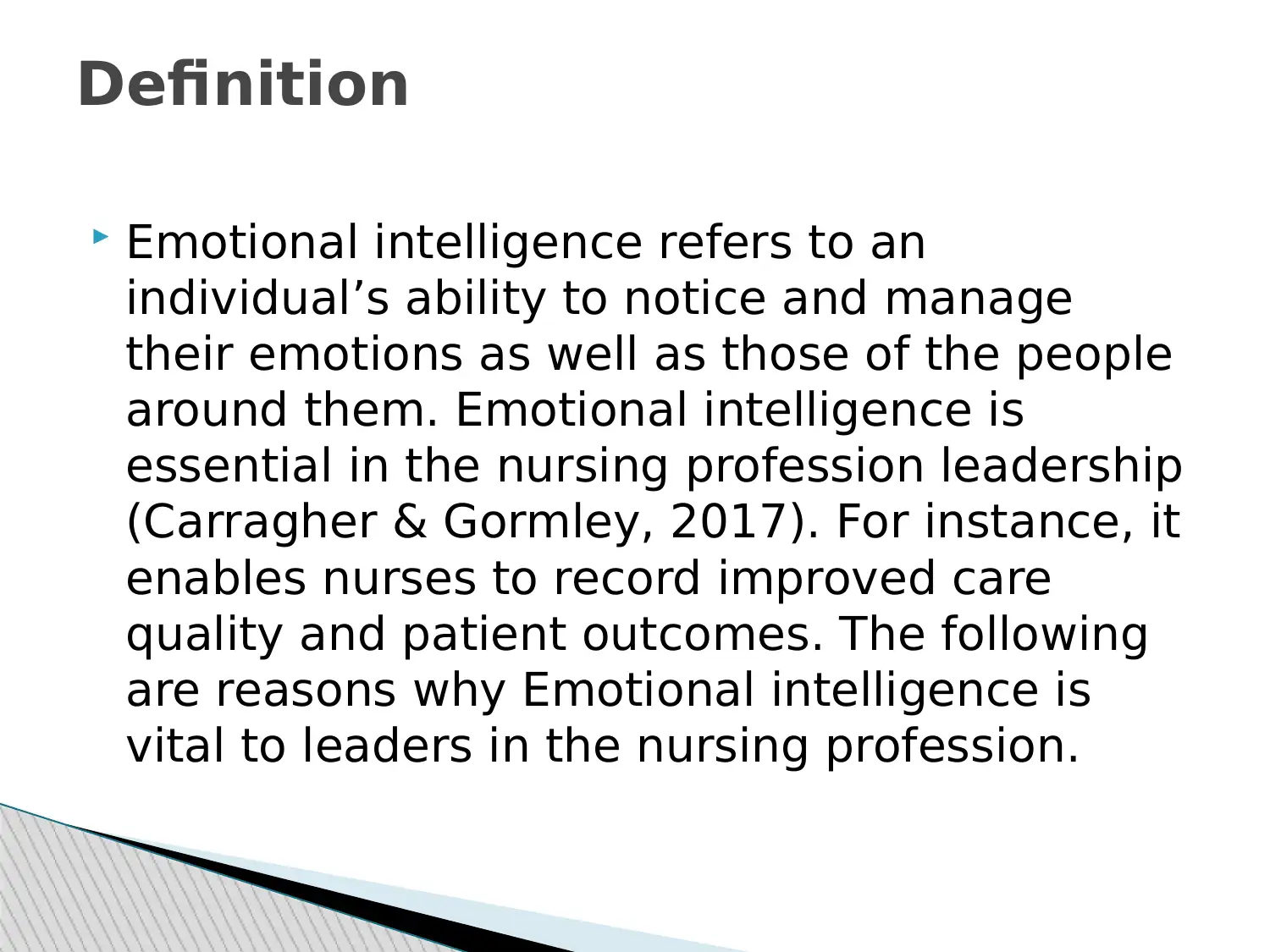
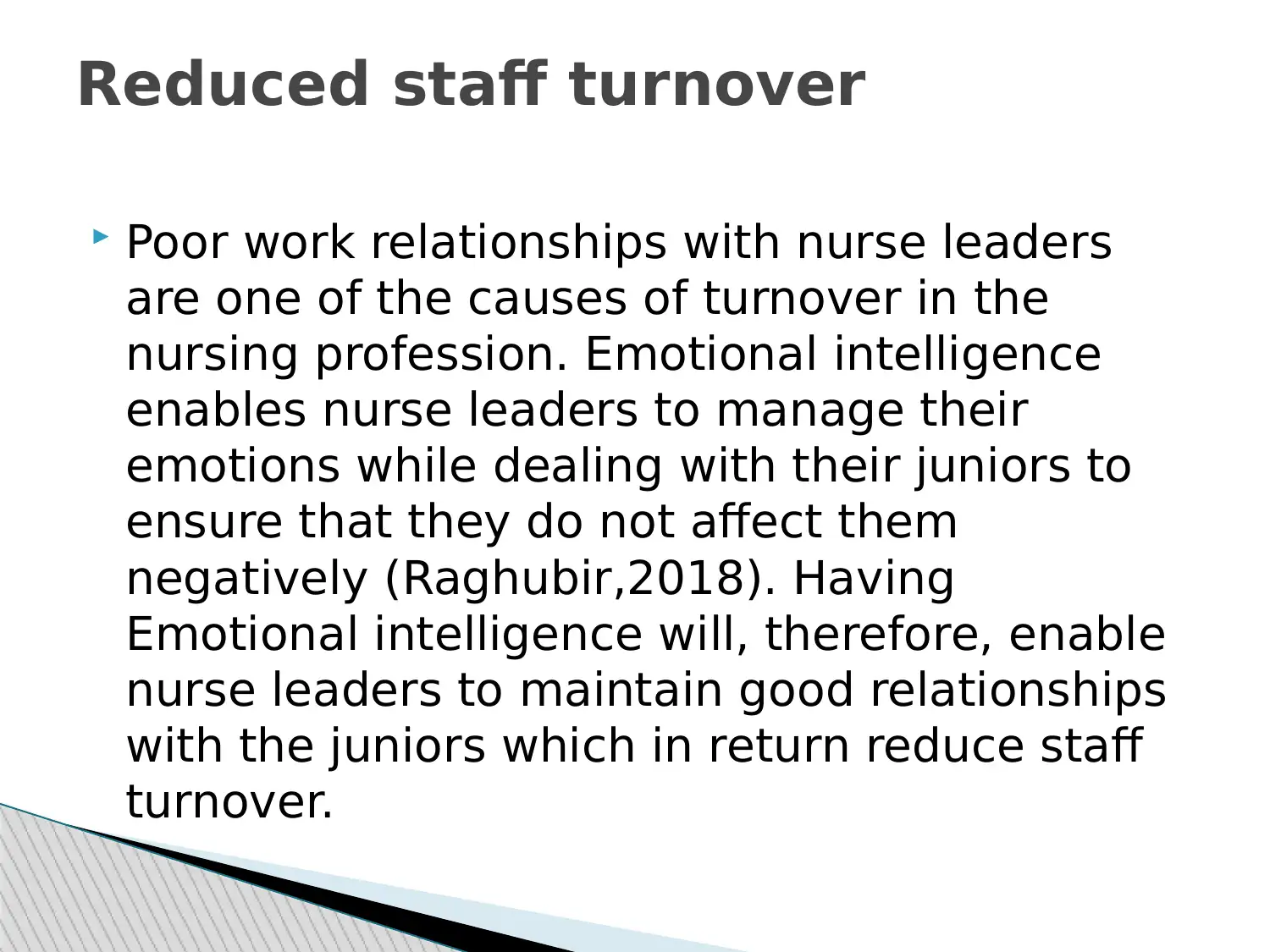

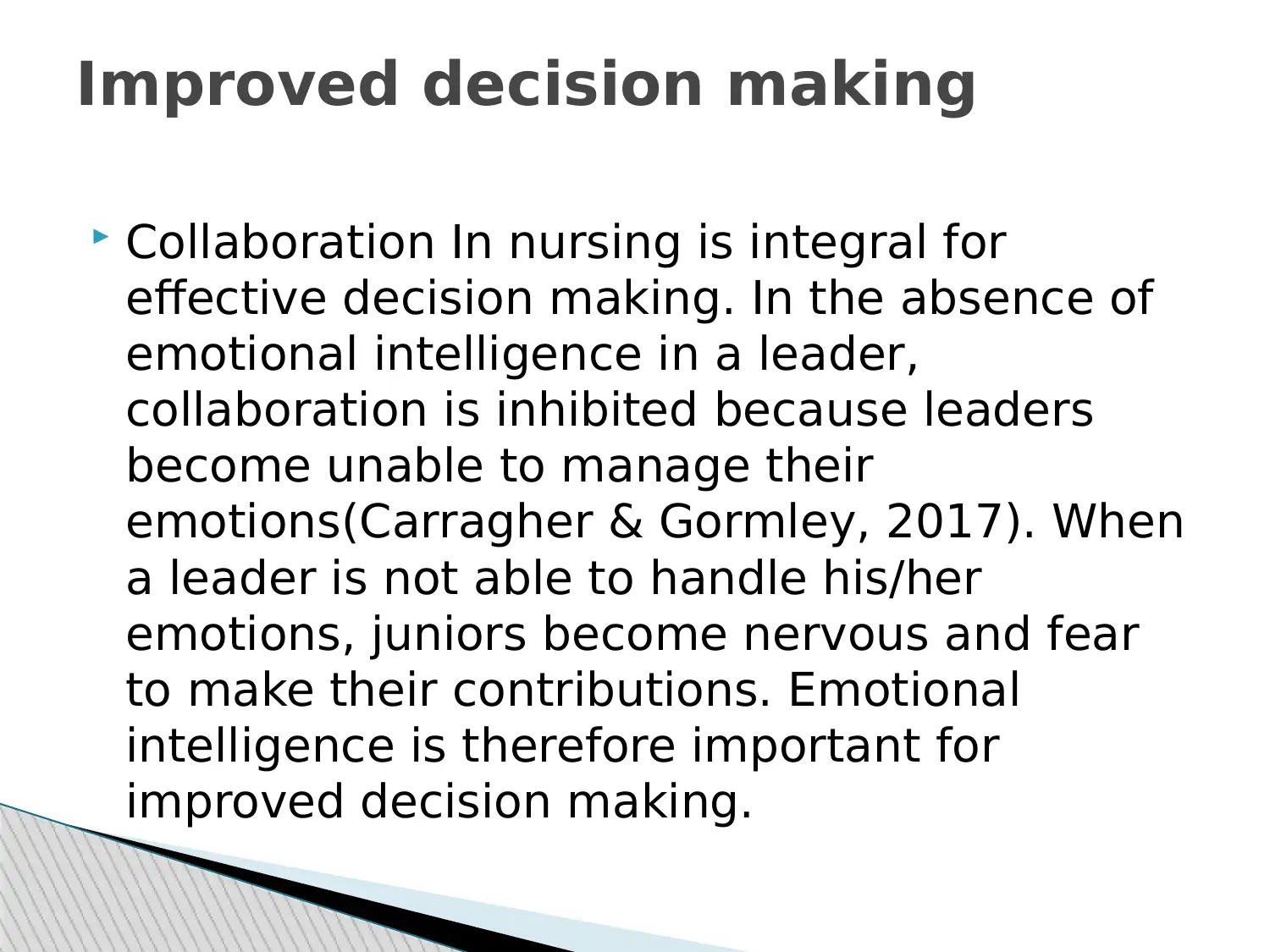
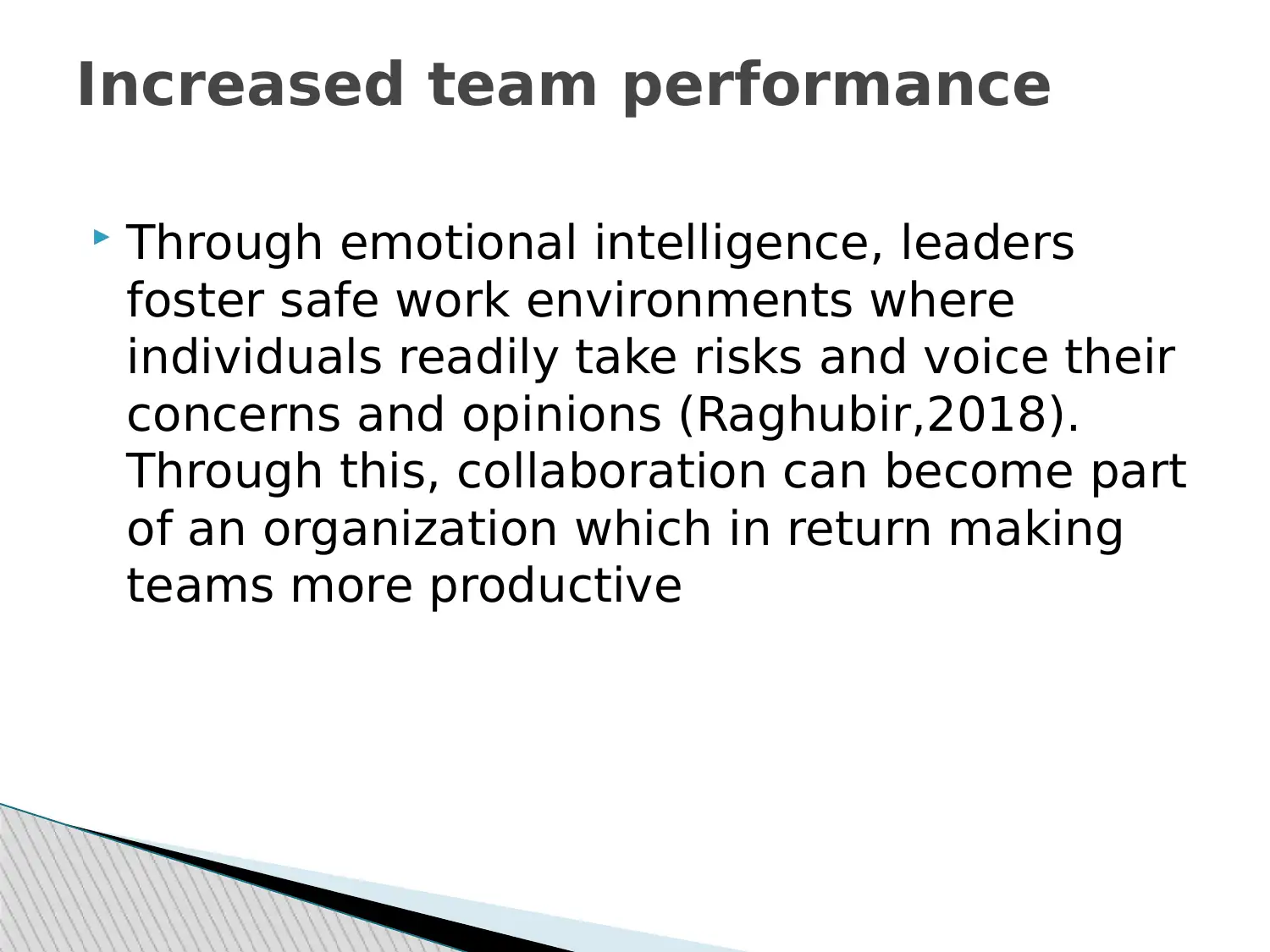
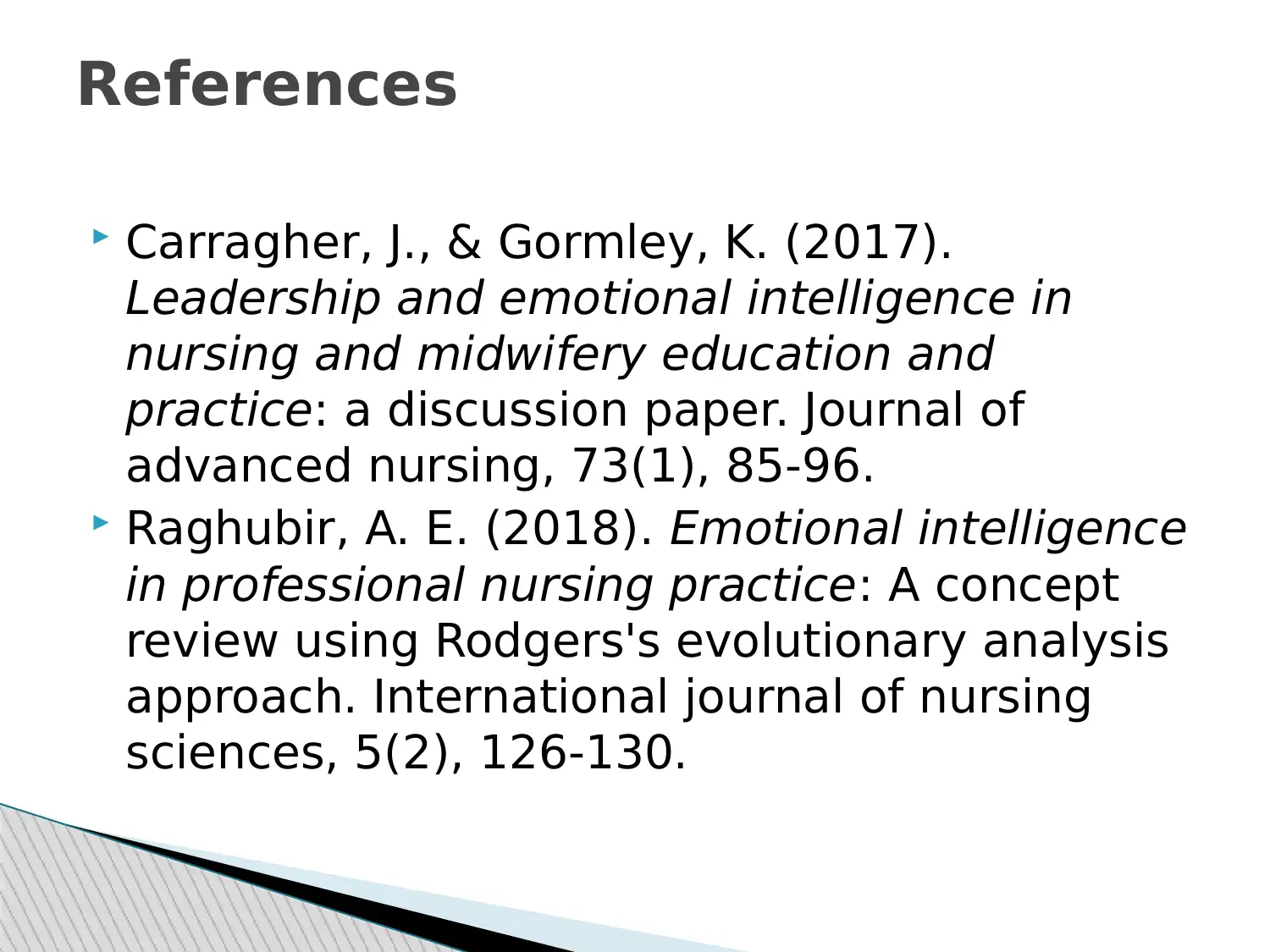






![[object Object]](/_next/static/media/star-bottom.7253800d.svg)